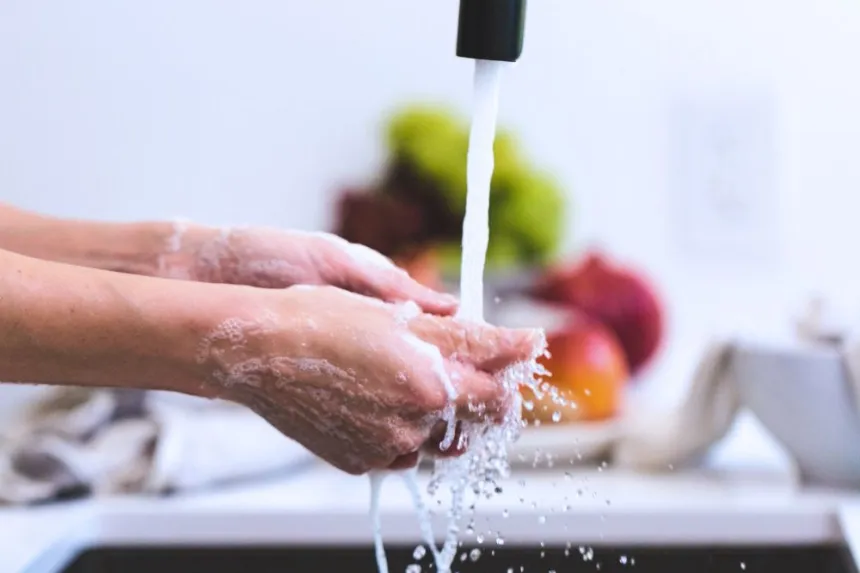Essential tips for maintaining good hygiene practices.

Maintaining good sanitary hygiene is essential for preventing illness, especially during peak seasons for the spread of respiratory viruses. In this article, we will explore simple habits and practices that everyone can adopt to take care of our health and that of those around us.
The Importance of Hygiene
Sanitary hygiene refers to practices that help keep the environment clean and prevent the spread of germs. These habits are essential not only at home but also in workplaces, schools, and public spaces. Good hygiene can significantly reduce the incidence of infections and contagious diseases.
Handwashing
How to Do It Correctly
Handwashing is one of the most effective tools for combating the spread of germs. To wash your hands properly, follow these steps:
- Wet your hands with clean, running water.
- Apply enough soap to create lather.
- Rub your hands together for at least 20 seconds, making sure to clean all areas: palms, backs of the hands, between the fingers, and under the nails.
- Rinse with clean water.
- Dry them with a clean towel or air dry. If you use a paper towel, you can also use it to turn off the faucet.
When to Wash Your Hands
It is crucial to wash your hands at key moments, such as:
Read also
- Before preparing or consuming food.
- After using the bathroom.
- After coughing, sneezing, or blowing your nose.
- Before and after caring for a sick person.
Use of Hand Sanitizers
When you do not have access to soap and water, a hand sanitizer with at least 60% alcohol can be a good alternative. Be sure to apply enough product and rub it over all surfaces of your hands until it dries.
Cough and Sneeze Etiquette
How to Practice Respiratory Etiquette
Covering your mouth and nose when you cough or sneeze is essential to prevent the spread of germs. Here are some recommendations:
- Use a disposable tissue to cover your mouth and nose. Dispose of the tissue after use.
- If you do not have a tissue, cover your face with the inside of your elbow. Avoid coughing or sneezing into your hands, as they can contaminate surfaces.
Always remember to wash your hands immediately after coughing or sneezing.
Cleaning and Disinfecting the Home
Regular cleaning of surfaces can help eliminate germs and reduce the risk of infections. Here are some tips:
- Disinfect high-touch areas such as doorknobs, light switches, tables, and cell phones. Use products that are effective against viruses and bacteria.
- Wash bed linens and towels regularly, especially if someone in the home is sick.
- Ventilate spaces by opening windows to ensure good air circulation.
Maintain Physical Distance
Whenever possible, maintain an appropriate distance from others, especially in public places. This is particularly important if there are outbreaks of respiratory diseases in your community.
Encourage Community Participation
Promoting hygiene habits among friends and family can significantly contribute to public health. Share this information and encourage them to practice good sanitary customs.
Conclusion
Adopting these essential tips for maintaining good sanitary hygiene can have a significant impact on our health and the health of those around us. Prevention is key, and small changes in our daily routines can make a difference.
I invite you to read more health and wellness news on my blog, where you will find useful and up-to-date information. Take care of yourself and others!
Feel free to let me know if you need any further modifications or assistance!











































